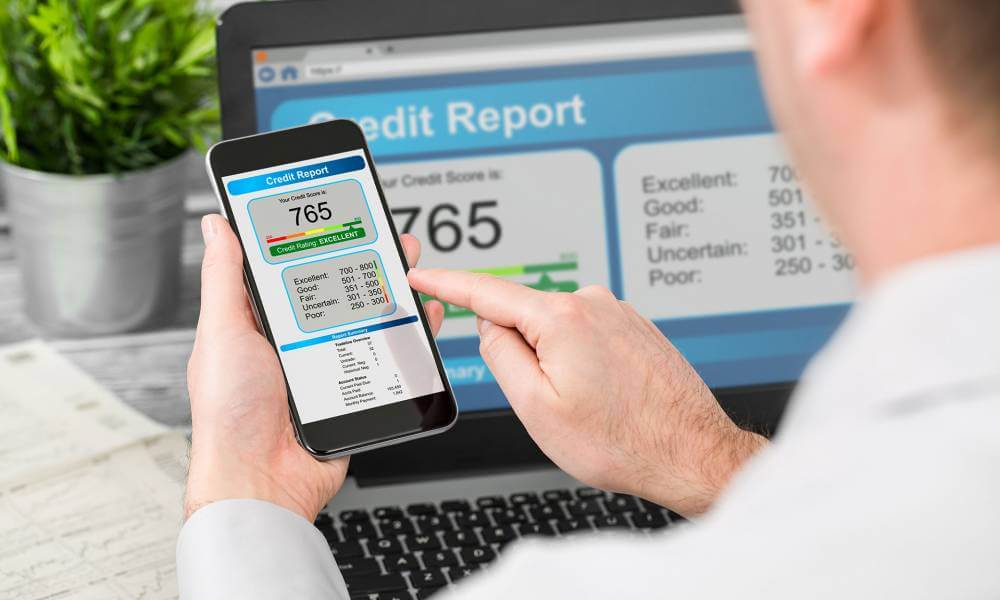
What To Know About Your Credit Score
If you want to purchase a car, house, or take out a student loan, you need to be familiar with your credit score. This single number plays a significant role in your ability to not only get approved for a loan but also qualify for the best interest rate. Therefore, you should be familiar with what makes your credit score go up and down. What To Know About Your Credit Score ? If you have questions about your credit score, you may want to learn more about this number with a resource such as Credit Sesame. Also, you can request one free credit report from each of the three major credit bureaus every year.
What Makes Your Credit Score Go Up?
What To Know About Your Credit Score ? There are several ways you can raise your credit score. Some of the best ways to make your credit score go up include:
- Make sure you pay your bills on time. If you have a credit card, try to pay the balance in full every month. If you have utilities, such as water and electric bills, make sure you pay them on time as well.
- Try not to use too much of your credit card balance. Even though it is important for you to use your credit card regularly, try not to put too many charges on it.
- Lengthen your credit history as much as possible. The longer your credit history is, the more comfortable a lender will be with your loan application.
- Correct any mistakes on your credit report. Sometimes, there are issues with your credit report that are not your fault. If you reach out to the credit bureau, they may remove these inaccuracies.
If your credit score is 720 or higher, you may qualify for lower interest rates on your loan.
What Makes Your Credit Score Go Down?
There are several issues that could make your credit score go down. Some of the most common examples include:
- If you pay your bills late, the creditor could report you to the credit bureaus. This could cause your credit score to go down.
- If you do not pay your credit card in full every month, you may start to carry a balance. This could cause your credit utilization rate to go up, hurting your credit score.
- If you file for bankruptcy, this will severely harm your credit score. Try to avoid declaring bankruptcy.
If you avoid these mistakes, you can prevent your credit score from dropping too low.
Raise Your Credit Score Before Qualifying for a Loan
If you need to apply for a loan, you need to maximize your credit score before you apply. Remember to check your credit report before applying for a loan so you can correct any mistakes. Then, see if you can pay down some of your debt to get your score as high as possible. If you maximize your credit score, you can put yourself in the best position possible to be approved for a loan. Furthermore, you may qualify for a lower interest rate, which could save you thousands of dollars over the life of the loan.

Founder Dinis Guarda
IntelligentHQ Your New Business Network.
IntelligentHQ is a Business network and an expert source for finance, capital markets and intelligence for thousands of global business professionals, startups, and companies.
We exist at the point of intersection between technology, social media, finance and innovation.
IntelligentHQ leverages innovation and scale of social digital technology, analytics, news, and distribution to create an unparalleled, full digital medium and social business networks spectrum.
IntelligentHQ is working hard, to become a trusted, and indispensable source of business news and analytics, within financial services and its associated supply chains and ecosystems






























